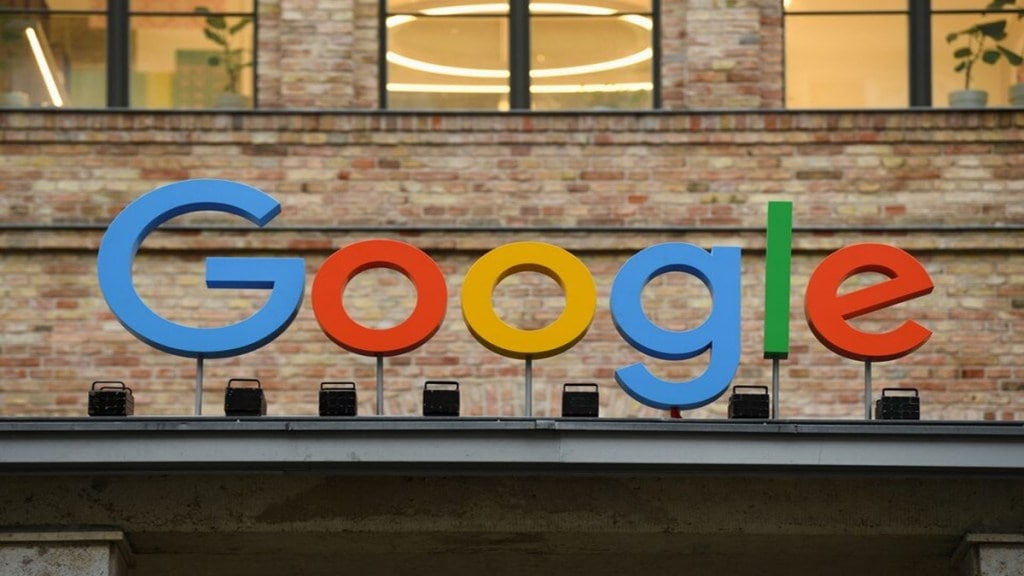Penske Media, the owner of Rolling Stone, Variety, and Billboard, has filed a lawsuit against Google, accusing the tech giant of unlawfully using its journalism to power AI-generated search summaries and diverting traffic away from its websites. The case, filed in a Washington, D.C. federal court, is the first time a major U.S. publisher has taken legal action against Google over its AI Overviews feature.
Publishers say AI hurts revenue
News outlets have long raised concerns that AI-powered search results reduce clicks to their sites, eroding both advertising and subscription revenue. Penske, a family-owned company led by Jay Penske and drawing 120 million online visitors monthly, claims Google leverages its dominance in search to force publishers into allowing their work to be used in AI summaries. According to the lawsuit, about 20% of Google searches tied to Penske’s sites now surface AI Overviews, a figure expected to rise. The company blames the feature for a one-third decline in affiliate revenue by the end of 2024.
The lawsuit argues that Google’s market power, estimated at nearly 90% of the U.S. search market, enables it to impose unfair terms. Without that dominance, Penske says, the company would have to negotiate licensing deals, as other AI firms have done with publishers like The New York Times and The Atlantic.
Google pushes back
Responding to the lawsuit, Google spokesperson Jose Castaneda dismissed the claims as “meritless,” insisting that AI Overviews actually increase opportunities for content discovery by sending traffic to a broader range of websites.
Still, industry bodies argue that Google’s size allows it to avoid making licensing agreements that competitors like OpenAI and Anthropic have pursued. “When you have the massive scale and market power that Google has, you are not obligated to abide by the same norms,” said Danielle Coffey, CEO of the News/Media Alliance, which represents more than 2,200 U.S. publishers. Online education firm Chegg sued Google earlier this year with similar complaints, while The New York Times has a separate lawsuit pending against OpenAI.

